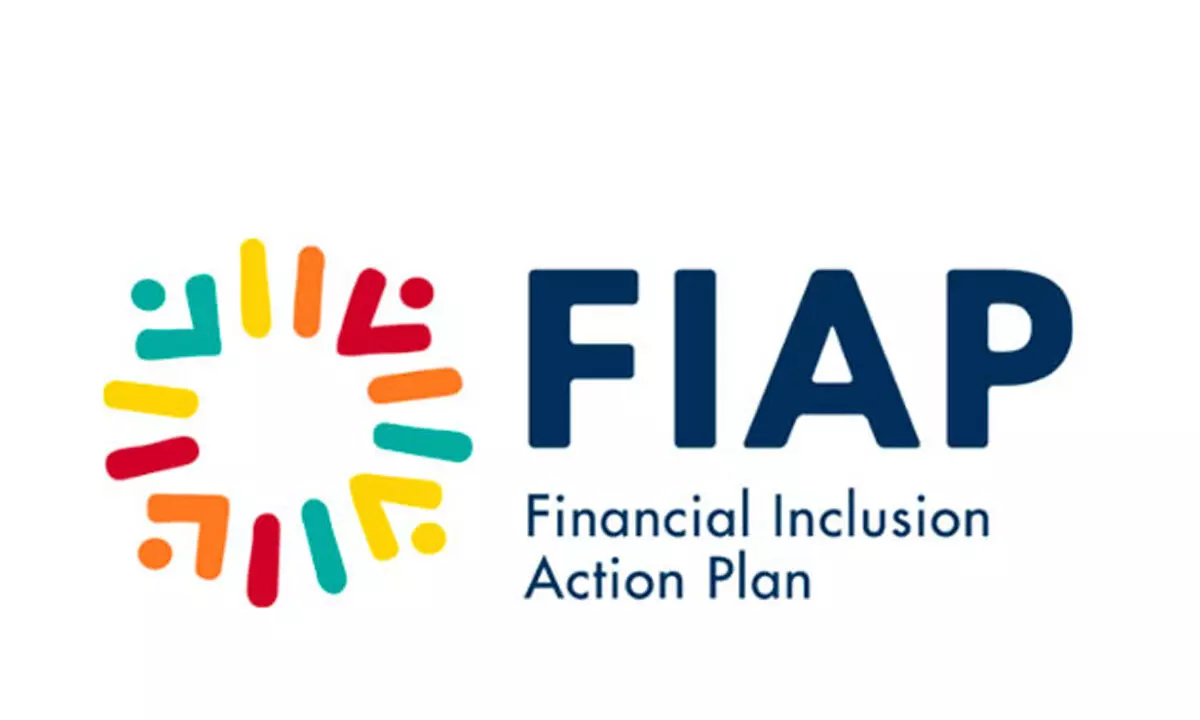Live
- WHO reports declining monkeypox cases in Congo
- CM Attends Kotideepotsavam on Kartika Purnima
- PKL Season 11: Raiding trio of Devank, Ayan, Sandeep help Patna Pirates rout Bengal Warriorz
- Food waste crisis fuels sustainable practices across APAC food & beverage industry: Report
- AI helps erase racist deed restrictions in California
- ATMIS completes third phase of troops' drawdown in Somalia
- PM Kisan Samman Nidhi scheme bringing smile to Nalanda farmers
- German economy forecast to lag eurozone growth until 2026
- CM Shinde orders stern action against hoarding of onions amid rising prices
- Protest rallies in Manipur against 'mass killing of 10 village volunteers'









